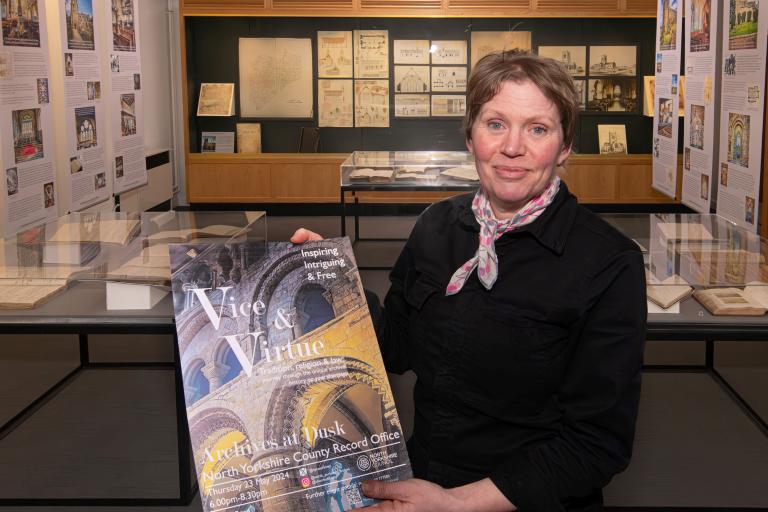Council services
Planning and conservation
Information on planning permission, building regulations, local planning policy and heritage and conservation.
Bins, recycling and waste
Check your bin collection day, find your nearest waste recycling centre, pay for garden waste and report a missed bin.
Leisure, tourism and culture
Enjoy museums, parks and the countryside, visit our libraries, leisure facilities and the county record office.
Roads, parking and travel
Get the latest updates on roadworks, Blue Badge, parking fines and permits, cycling and road improvement schemes.
Education and learning
Includes education and training courses, school admissions, school term dates and school and college transport.
Council tax
Including payments, bands, change of circumstance, exemptions and discounts.
Jobs and careers
Includes key opportunities, working for us and tips before applying for a job.
Your council
Includes voting and elections, data protection, freedom of information and councillors and elections.
Business and economy
Includes business support, funding and services, business news and premises.
Housing and homelessness
Includes housing for council tenants, private tenants and landlords and information for the homeless.
Environment and neighbourhoods
Arrange pest control, report fly-tipping or abandoned vehicles.
Adult care
Information on adult safeguarding, disabilities and the support available for carers.
Birth, deaths and marriages
Register births and deaths, book ceremonies and find out how to become British and settle in the UK.
Children and families
Find out about activities for children, childcare, adoption, fostering and the SEND Local Offer.
Licensing and registration
Includes taxis, temporary event notices, gambling, street trading and market licences.
Benefits
Information and advice on housing benefit, council tax support, the Household Support Fund and more.
Community and volunteering
Information about what's happening in your community and volunteering.
Healthy living
Information on how to live a healthier life, activities to help you get active and get help for alcohol and drug issues.


